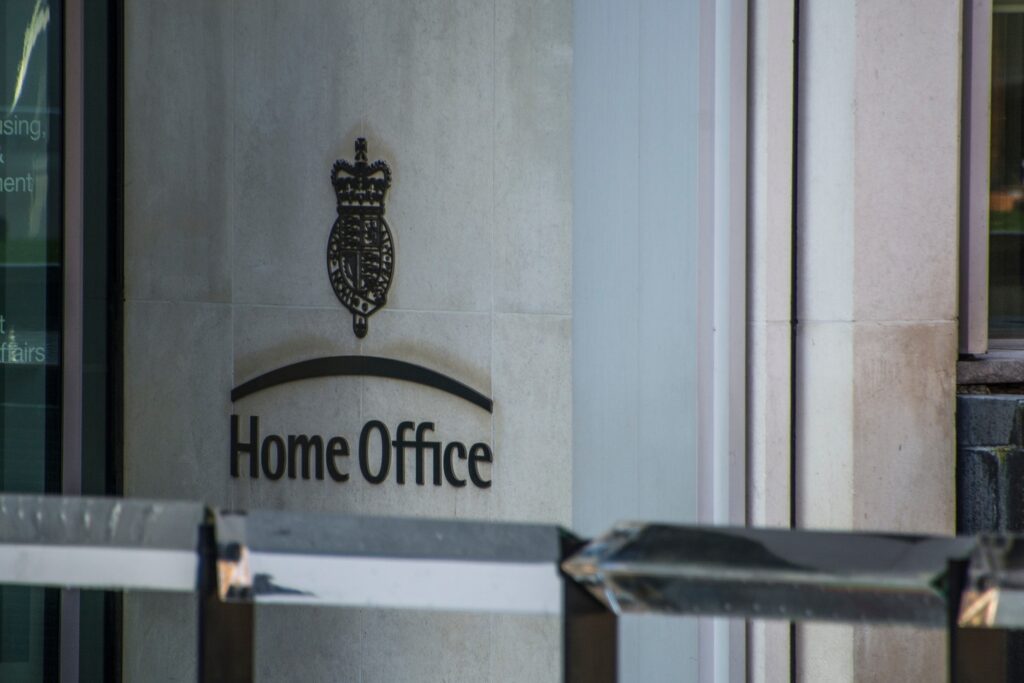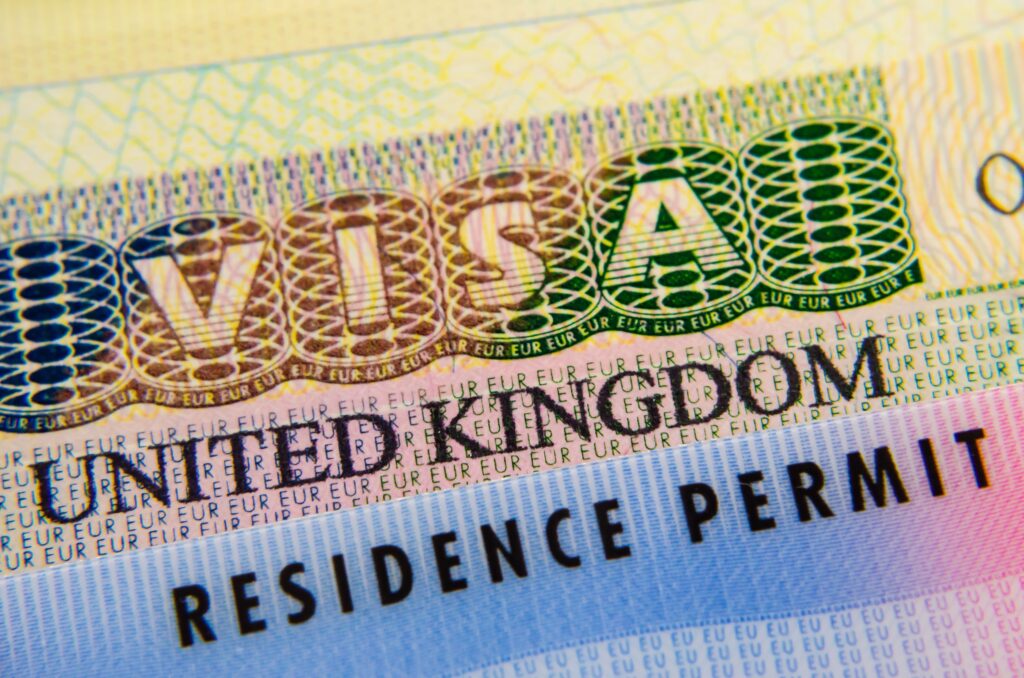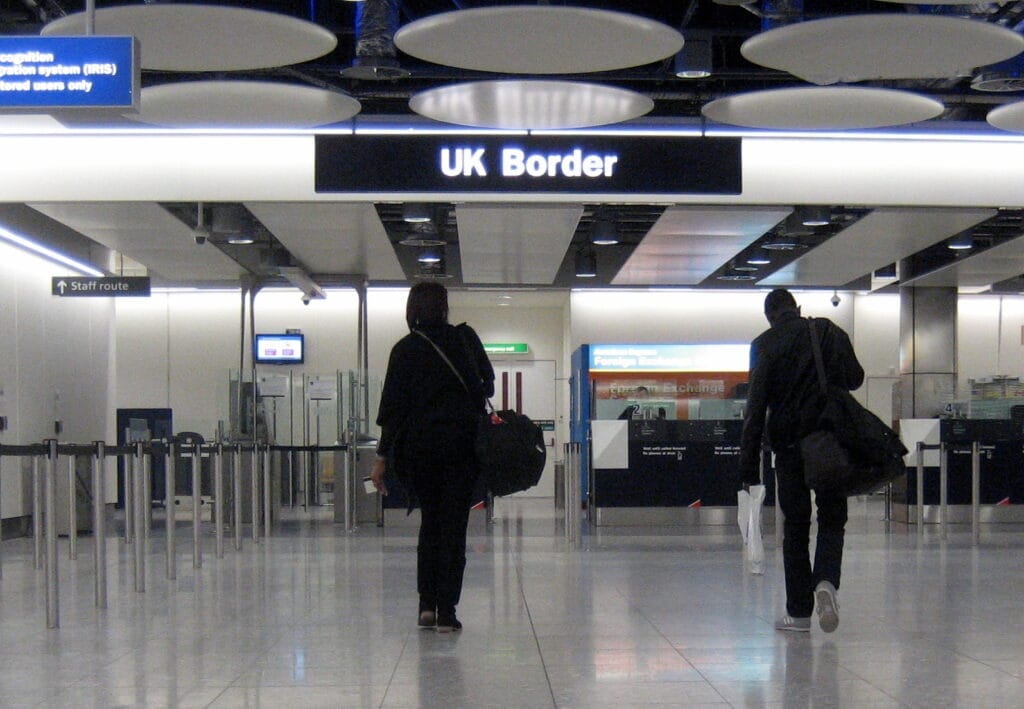New Statement of Changes to the Immigration Rules published
On 10 September 2024, the Home Office published a new Statement of Changes to the Immigration Rules.
The principal changes laid out in the Statement are as follows.

Introduction of a visa requirement on Jordan
Effective immediately, the government has introduced a visa requirement on all visitors from Jordan. Nationals of Jordan will also be required to obtain a direct airside transit visa if they intend to transit via the UK having booked travel to another country.
Consequential to this, nationals of Jordan will no longer be eligible to travel to the UK with an Electronic Travel Authorisation (ETA).
There will be a four-week, visa-free transition period for those who already hold an ETA and confirmed bookings to the UK obtained on or before 15:00 BST 10 September 2024 where arrival in the UK is no later than 15:00 BST 8 October 2024.
Following the lifting of the visa regime in February 2024, there has been a significant increase in Jordanian nationals who have travelled to the UK for purposes that are not permitted under the visit and Electronic Travel Authorisation (ETA) provisions, such as to live, work or claim asylum in the UK.
The imposition of the visa regime means the Home Office will be able to assess an individual against the requirements of the Immigration Rules prior to them travelling to visit or transit the UK. Where it is not satisfied that an individual meets these requirements, the Home Office can refuse their application for a visit visa.
Implementation of the UK Electronic Travel Authorisation (ETA) scheme
In October 2023, the UK’s Electronic Travel Authorisation (ETA) scheme was launched to help improve security of the UK border and enhance the government’s ability to screen individuals before they travel to the UK.
The scheme applies to those passengers visiting or transiting the UK, who do not currently need a visa for short stays and do not have a valid UK immigration status prior to travelling.
The ETA scheme is being rolled out in phases, with the requirement already in place for nationals of Qatar, Bahrain, Kuwait, Oman, United Arab Emirates and Saudi Arabia. The Statement of Changes sets out the key dates for the expansion of the scheme to all remaining non-visa nationalities.
In November 2024, the ETA scheme will open to all nationals travelling to the UK who do not currently need a visa, except Europeans, and will be a travel requirement from 8 January 2025. In March 2025, the scheme will then be extended to European nationals and will be a requirement for travel from 2 April 2025, completing the rollout of the ETA scheme. The complete list of ETA nationalities is detailed in the accompanying Statement of Changes at Appendix ETA National List at ETANL 1.1.
Changes are also being made to amend the suitability criteria and to specify that the passport provided in the application process must be a national passport and establish a nationality eligible for an ETA.
End Diplomatic Visa Waivers and introduce a “Diplomatic Visa Arrangement” (DVA) Visitor visa
The UK’s border is being transformed to include digital pre-travel checks. As part of this, Diplomatic Visa Waivers (DVWs) are being phased out.
Diplomatic Visa Arrangement (DVA) visitor visas are being introduced to replace DVWs. DVAs will ensure diplomatic passport holders from countries that have benefited from DVW, who are nominated by their governments through a Note Verbale, will continue to benefit from smooth and efficient access to the UK. DVAs will provide a bespoke visitor visa for eligible diplomatic passport holders.
Applications will be made through a light-touch application form, but application fees and the requirement to submit fingerprints will be waived. The route aims to support and better facilitate diplomatic travel to the UK and will also enable DVA visitors to undertake a range of standard visitor activities. These changes will not impact accredited diplomats who are free, or “exempt” from immigration control.
Changes to introduce the DVA Visitor visa will come into effect on 18 February 2025 and associated changes to end DVWs will come into effect on 11 March 2025.
Introduction of the VIP Delegate Visa
The Statement confirms that the UK government is launching the VIP Delegate Visa, a bespoke visa product targeted at delegations accompanying foreign Heads of State and serving Government Ministers on official visits to the UK.
This new product is a global offer, balancing the UK’s bilateral considerations and aligning more closely with the approach of international partners.
The upper limit for the number of applicants eligible for this route will be set at 20 for Heads of State delegations and 10 for ministerial delegations.
Applicants eligible for the product will be expected to submit a light touch application form, along with providing biographical information and a facial image. This legislation will not introduce an application fee and there will be no requirement for applicants to submit fingerprints.
This change will come into effect on 10 October 2024.
Appendix Bereaved Partner and Appendix Gurkha and Hong Kong military unit veteran discharged before 1 July 1997
Changes are being made to Appendix Bereaved Partner and Appendix Gurkha and Hong Kong military unit veteran discharged before 1 July 1997, to allow bereaved partners and their dependents to benefit from a fee waiver if they are destitute. Currently, a bereaved partner who has no other route to stay must leave the UK if they cannot afford the fee for settlement.
These changes will come into effect on 9 October 2024.
Changes to the EU Settlement Scheme (EUSS)
The Statement also sets out several changes to the EU Settlement Scheme (EUSS), which will come into effect on 8 October 2024. The changes being made are as follows:
- To refer to the scope for the Secretary of State to automatically convert pre-settled status under the EUSS to settled status (indefinite leave to enter or remain under Appendix EU) where the person qualifies for this and without the need for them to make a further valid application.
- To apply the procedural provisions in Annex 2 to the consideration of whether a person granted limited leave to enter or remain under Appendix EU continues to meet eligibility requirements.
- To enable a child applying to the EUSS who was resident in the UK before the end of the transition period, and has turned 21 years of age since then, to rely on the fact that they were aged under 21 at the end of the transition period and therefore have to meet no requirement as to dependency on their parent(s).
- To enable an EEA or Swiss citizen applying to the EUSS as a family member who has retained the right of residence, following the death or divorce of the relevant EEA or Swiss citizen who was resident in the UK before the end of the transition period, to meet simpler criteria.
- To require a joining family member to apply to the EUSS within three months of their first (not latest) arrival in the UK since the end of the transition period (or later where there are reasonable grounds for their delay).
- To enable limited leave to enter or remain granted under the EUSS (also referred to as pre-settled status) to be curtailed (subject to a right of appeal) for helping a person after the end of the transition period to obtain, or to attempt to obtain, EUSS leave or an EUSS family permit fraudulently.
Other changes
There are several other minor changes, set out in the Statement of Changes and its accompanying Explanatory Memorandum.















